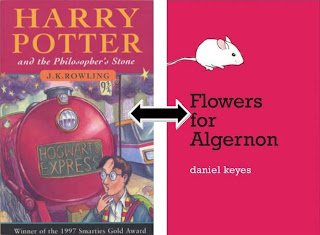 What I'd refer to as a spatula they'd never heard of, or at least had no idea what I was describing. I researched this online and apparently this is a cake spatula or a frosting spatula or even a scraper. See below:
What I'd refer to as a spatula they'd never heard of, or at least had no idea what I was describing. I researched this online and apparently this is a cake spatula or a frosting spatula or even a scraper. See below: Only a few hours before this my friend was discussing her gilet with my sister. Now I was ademant that a gilet was a nightdress. But it was quickly pointed out that what I meant was a negligee.
Only a few hours before this my friend was discussing her gilet with my sister. Now I was ademant that a gilet was a nightdress. But it was quickly pointed out that what I meant was a negligee.Basically language is a tricky thing. You can use the wrong word and still be understood and you can use the correct word and have people look at you like you're making words up as you go along. So what's right? Should we use words in contexts we understand even if the meaning we ascribe them is wrong?
Probably not. Never mind.


















